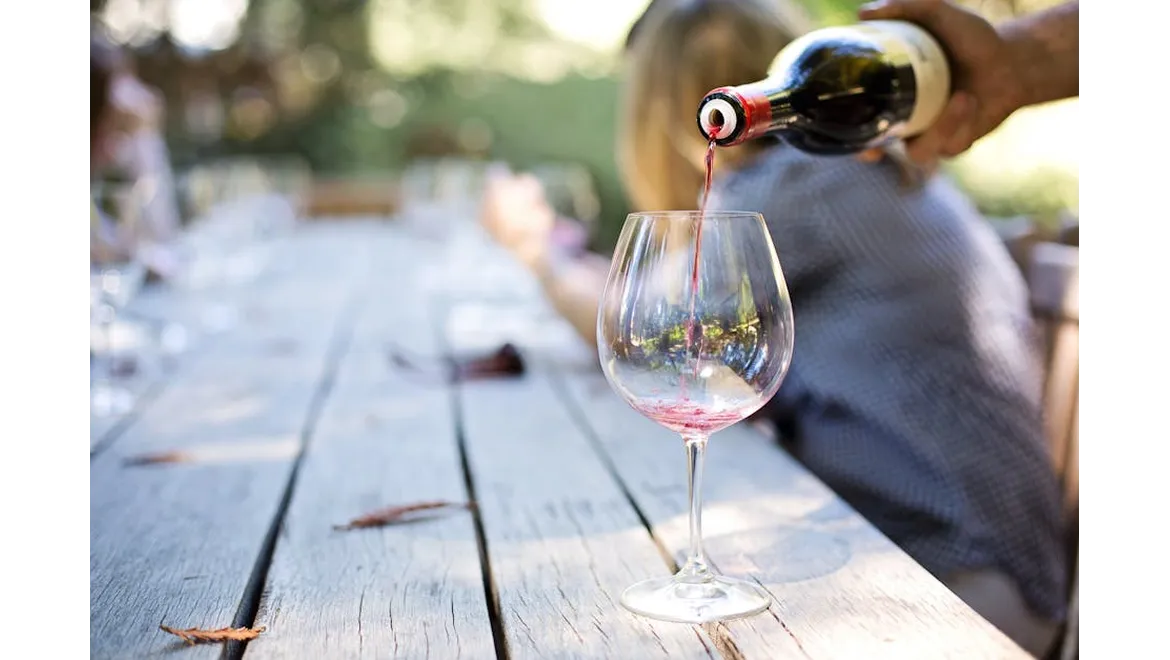In today’s rapidly evolving digital landscape, driving foot traffic to your wine business can seem like a formidable challenge. Yet, as internet expert Janet Peischel reveals, local SEO is a potent tool that can significantly enhance your visibility and attract customers directly to your tasting room or wine shop. During an insightful conversation with Janet, we delved into the intricacies of leveraging local SEO to transform a wine business.
“Local SEO is more relevant than ever,” Janet asserts. “Whether you’re running a boutique winery in Napa Valley or a cozy wine bar downtown, optimizing your online presence can make a world of difference.”
Local SEO, or local search engine optimization, is designed to help businesses appear prominently in local search results. Imagine you operate a tasting room specializing in Napa Valley Cabernet. By employing local SEO strategies, you can significantly increase the likelihood that potential customers will find you when they search for “wine tasting Napa Valley” or “best Cabernet near me” on Google. Janet underscores that local SEO is not limited to physical businesses. In an era where remote work has become commonplace, local SEO has adapted to support this shift, empowering businesses to maintain a robust local presence even while operating remotely.
Consumer search behaviors have undergone dramatic changes, further highlighting the importance of local SEO. Janet points out several key trends: the dominance of mobile search, where over 85% of local searches result in a call or visit to a physical location within 24 hours, and the rise of voice search, with 62% of Americans using voice assistants. These trends underscore the necessity of optimizing for mobile and voice search to capture the attention of potential customers.
Effective local SEO begins with thorough keyword research. Janet emphasizes the importance of identifying relevant local keywords that potential customers are likely to use. Terms like “best wine tasting near me” or “Napa Valley Cabernet” are invaluable for local SEO. By incorporating these keywords into your website content, you can generate a local SEO 3-pack/map pack, showcasing the top three local businesses that best match the search query. Understanding the intent behind a customer’s search is equally crucial. Janet explains that content intent is the purpose or goal behind creating and sharing content. Focusing on customers who are ready to make a purchase—the warm leads at the final stage of the sales funnel—can be a game-changer.
One of the most powerful tools in your local SEO arsenal is your Google Business Profile (GBP). “Google Business Profile remains free and incredibly robust,” Janet notes. “You can add photos, events, and even blogs. Make sure your content is keyword-rich.” Reviews play a critical role in enhancing your GBP. Janet advises reaching out to satisfied clients and encouraging them to leave reviews, which not only bolster your GBP but can also be leveraged in other communications.
Janet shared several actionable tips to boost your local SEO:
- Develop location-specific content by creating blog posts, articles, and other materials that highlight your local area and its unique offerings.
- Embed Google Maps on your site to improve your local SEO rankings.
- Feature customer reviews prominently to build trust and significantly impact your local SEO.
- Ensure your website has clear and compelling calls to action.
- Guarantee your website is mobile-friendly, given the dominance of mobile searches.
In Janet Peischel’s expert opinion, local SEO is a transformative tool that can drive targeted, high-intent traffic to your wine business. By comprehending changing consumer habits, optimizing your Google Business Profile, and creating location-specific content, you can effectively attract customers and distinguish your business in a crowded market. Whether you’re operating a tasting room in Napa Valley or a virtual wine consultancy, leveraging local SEO can help your business thrive.











